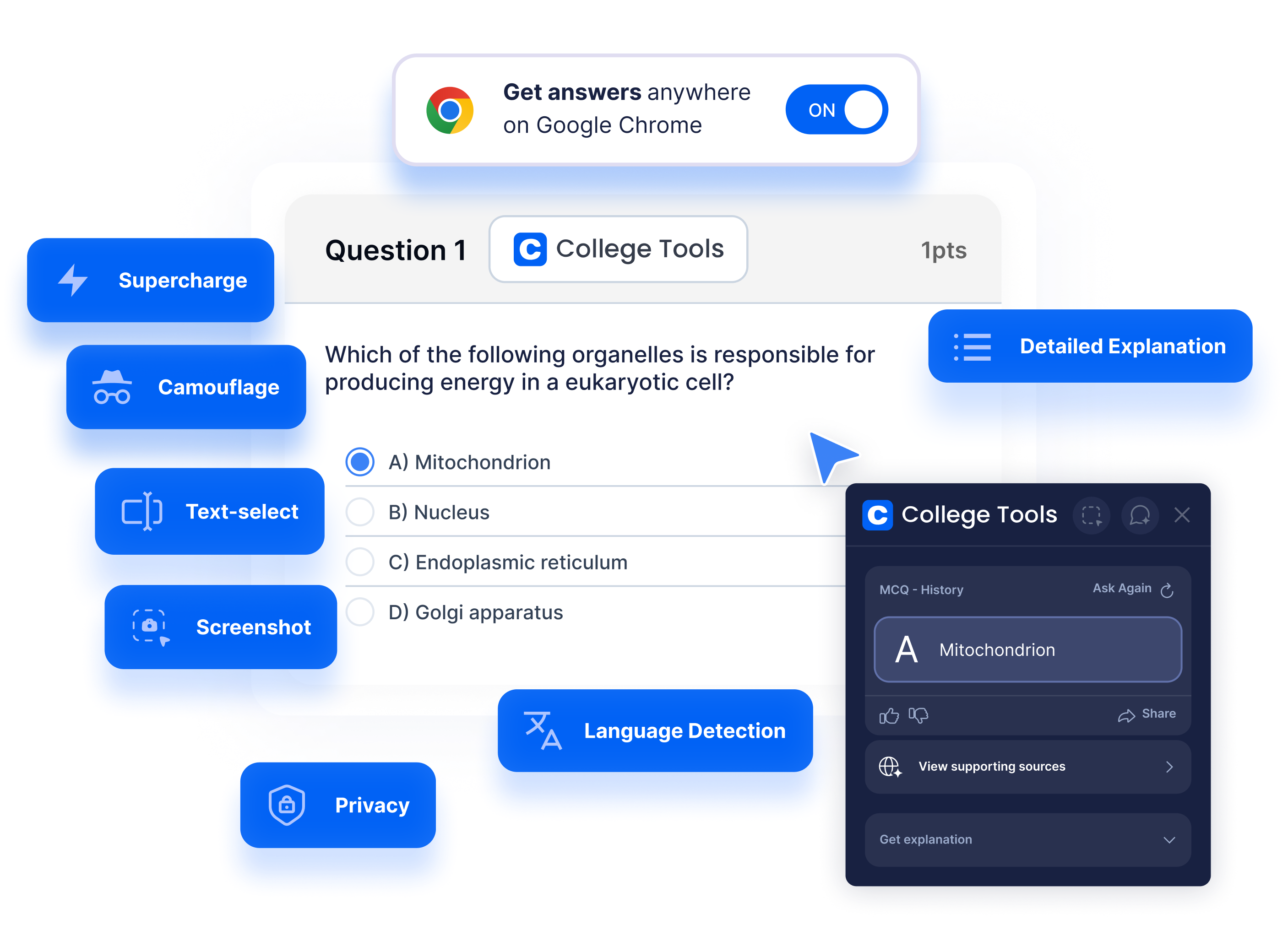Table of contents
- The Legal Profession: An Overview
- Education and Licensure: Laying the Foundations
- Professional Development: Beyond the Classroom
- Building Your Brand: The Digital Footprint
- Work-Life Balance in the Legal Profession
- Ethics and Professional Responsibility
- The Future of Law: Technology's Role
- Conclusion: Your Legal Career Path Awaits
Navigating a career in law can be as intricate and nuanced as the judicial system itself. Whether you're a recent graduate with a Juris Doctor or someone considering a transition into the legal field, understanding the diverse paths available and the resources at your disposal is critical for success. From selecting the best online training platform to leveraging expert career guidance, this deep-dive comparison aims to arm you with the tools and knowledge necessary to forge a fulfilling legal career.
The Legal Profession: An Overview
The legal field offers a myriad of opportunities for those passionate about justice, advocacy, and the rule of law. The profession is not monolithic; it spans various specialties such as corporate law, criminal defense, environmental law, and intellectual property, among others. According to the American Bar Association, over 1.3 million lawyers are practicing in the United States, underscoring the field's vastness and diversity.
Education and Licensure: Laying the Foundations
A legal career typically starts with a rigorous academic journey. Attending an accredited law school and passing the bar exam are foundational steps. Prospective students often use resources like the Law School Admission Council to navigate the admissions process and gain insights into different programs. Choosing the right school isn't merely about rankings; it's about finding a program that aligns with your career aspirations and learning style.
Professional Development: Beyond the Classroom
Post-graduation, new attorneys are thrust into a competitive job market. Navigating this landscape requires more than legal acumen; it entails understanding industry trends, networking effectively, and continuously enhancing one's skill set. The National Association for Law Placement (NALP) provides valuable data and resources around hiring patterns, salary benchmarks, and professional development.
Choosing the Right Training Platforms
Legal education does not end with a degree—continual learning is essential. With numerous online training platforms available, selecting one that offers specialized legal courses and reputable instructors is vital. Look for platforms with a robust library of law-related content and opportunities for interactive learning.
The Power of Mentorship and Career Guidance
Guidance from seasoned professionals is invaluable. Many law schools offer mentorship programs, and platforms like College Tools feature sections on career advancement. Although not explicitly focused on law, the features on College Tools can aid in organization and productivity, which are crucial in any legal career.
Building Your Brand: The Digital Footprint
Lawyers today must cultivate a professional online presence. LinkedIn has become an essential networking tool, and creating a comprehensive profile can open doors to opportunities. Blogging on legal topics or engaging with legal communities online are additional ways to build your reputation and demonstrate thought leadership.
Work-Life Balance in the Legal Profession
The legal field is notorious for demanding hours, but achieving a work-life balance is possible with the right strategies and tools. Time management apps, adopting productivity techniques, and setting firm boundaries can make a significant difference in managing the pressures of a legal career.
Ethics and Professional Responsibility
Lawyers are bound by ethical obligations. Understanding these responsibilities and maintaining high ethical standards is non-negotiable for a reputable practice. Continuing education courses and ethics workshops can help practitioners stay up-to-date with evolving standards.
The Future of Law: Technology's Role
Technology is reshaping the legal landscape, from case management software to AI-powered legal research tools. Embracing these advancements can enhance efficiency and provide a competitive edge. Adapting to technology's role in law practice is more than a choice—it's a necessity for the modern lawyer.
Conclusion: Your Legal Career Path Awaits
As you embark on or continue your legal career journey, remember that success isn't solely defined by your understanding of the law. It's influenced by how effectively you utilize resources, manage relationships, and continue to evolve as a professional. For those pursuing this noble profession, the road ahead is challenging, yet immensely rewarding.
Navigating a legal career requires both preparation and adaptability. By leveraging available resources—from law school alumni networks to online training platforms—you can establish a strong foundation for a thriving legal career. Remember, the journey of a thousand cases begins with a single step: your commitment to lifelong learning and professional growth.









